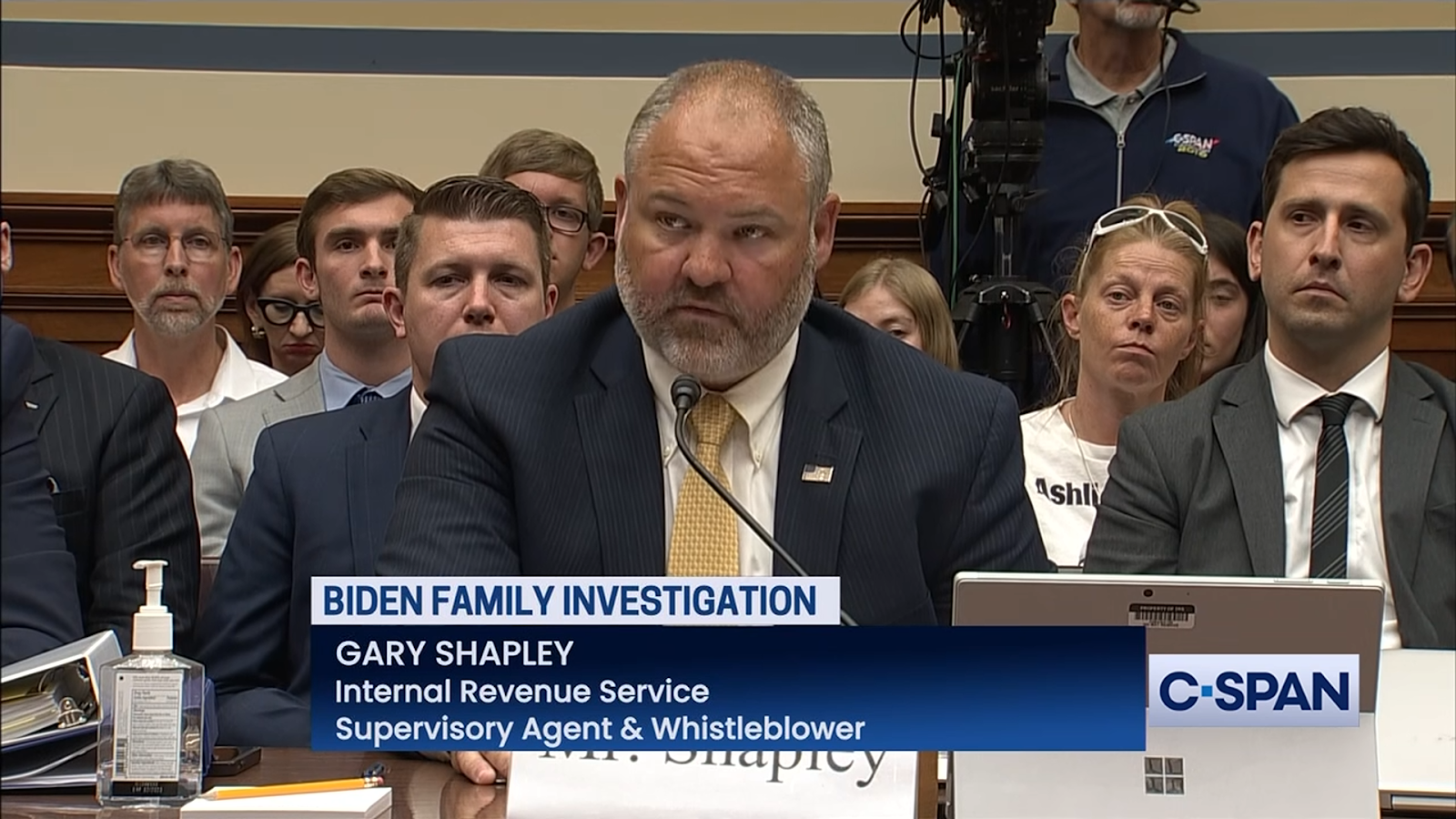Scope of IRS powers tops Supreme Court’s busy docket of arguments and opinions
A packed court of occasions, including a demand by the IRS to allow its officials to quietly find financial records without the need to notify account holders, will be heard by at least one Supreme Court justice this year.
The nine justices will discuss Polselli quint. IRS on Wednesday. This decision is anticipated to have significant ramifications for Fourth Amendment protections against arbitrary searches and seizures of the federal tax gathering company. The Inflation Reduction Act, which Congress passed last year and invested$ 45 billion in to increase the agency’s tax enforcement activities, gave rise to this condition just a few months ago.
SUPREME COURT ADDS THE IRS AND CRYPTO FOUR MORE Occasions TO DOCKET.
Polselli seeks to settle a disagreement among lower courts over an exception in a section of law governing IRS authority. The case surrounds whether the agency’s investigation of an individual allows it to peer into the accounts of third-party recordkeepers without informing those parties and without providing a chance to challenge their investigation in court.
According to a brief, which states that” most businesses have much greater need for these protections because their records contain the wealthy or personal information of their customers or clients ,” five outside parties, including the U.S. Chamber of Commerce, contend that the agency may exert enforcement to this extent.
An IRS employee who believed Remo Polselli, a criminal tax, had hidden his property linked to bank transactions held in his spouse’s name, is what led to the situation. Following that, the employee sent summonses to the banks of two regulations companies Remo had previously used as well as Hanna K. Polselli’s.
Nothing in the Internal Revenue Code, according to the IRS, with the support of President Joe Biden’s Justice Department, calls for the public to formally assess a tax before issuing an arrest warrant in order to find any property that might be available to satisfy his duty.
The American Civil Liberties Union, Cato Institute, and the Institute for Justice, among other around organizations, warned the high court in brief about achieving a result that would be advantageous to the IRS.
According to the Institute for Justice’s brief, a favourable decision for the organization would give it” effectively unrestricted power to seek the total financial records of anyone with even the slightest connection to an indebted taxpayer.”
The nine justices’ positions on this dispute are questionable. However, this year, the Supreme Court issued a decision that effectively curtailed the firm’s authority.
Businessman Alexandru Bittner, a dual citizen of the United States and Romania, claimed that the maximum fine he should face for filing late reports under the Bank Secrecy Act should be$ 50,000 after the justices ruled 5 – 4 to restrict the IRS’s ability to assess penalties for failure to file reports disclosing foreign bank accounts.
The First Amendment case United States v. Hansen, which involves a fraud that erroneously promoted child adoptions as an avenue to U.S. citizenship, may be heard by the high court on Monday. They will also notice Amgen v. Sanofi, which asks what evidence a patent applicant must provide to support the claim that the design could be created and used by” qualified artisans.”
READ MORE FROM THE WASHINGTON Inspector BY CLICKING HERE
The justices will transfer one or more decisions from a condition argued this phrase on Tuesday, an opinion issuance day. A New York man convicted of a drug trafficking-related death will also be heard in Lora vanadium. United States, which will decide whether federal criminal punishment laws may require consecutive sentences rather than concurrent sentences. Smith vanadium. United States, which decided whether an acquittal or new test is the appropriate course of action when an appeals court determined that the defendant was found guilty in the incorrect prosecutor, is another case that time.
Samia vanadium. United States is the Sixth Amendment case that will be heard on Wednesday in front of Polselli. This case asks whether lawyers violated that right when they admitted a statement from one of the namesake’s co-defendants that was redacted to hide the defendant.
" Conservative News Daily does not always share or support the views and opinions expressed here; they are just those of the writer."





Now loading...